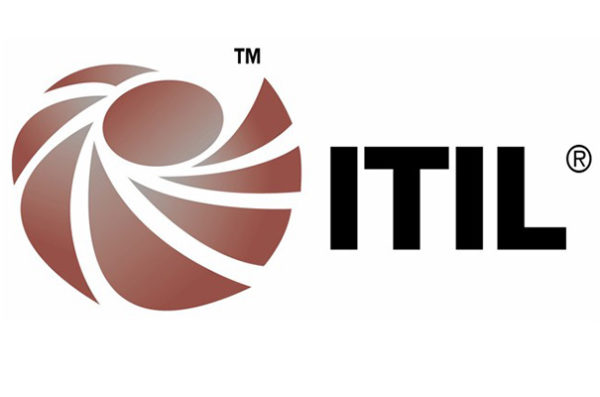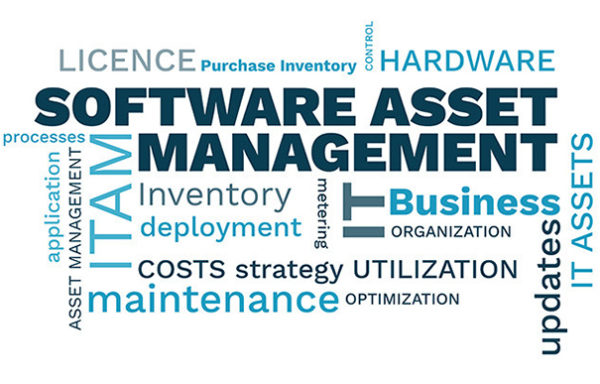ITIL® is comprised of five core publications: Service Strategy (SS), Service Design (SD), Service Transition (ST), Service Operations (SO) and Continual Service Improvement (CSI). It promotes alignment with the business as well as improvement in operational efficiency. The official ITIL® qualification scheme, owned by AXELOS, describes two streams, the Service Lifecycle Stream and the Service Capability stream: – The Service Lifecycle stream focuses on ITIL® practices within the Service Lifecycle context. The primary focus is the Lifecycle itself as well as the processes and practice elements used within it. – The Service Capability stream is for those who wish to obtain an in depth understanding of specific ITIL® processes and roles. The primary focus is on process activities, process execution and use throughout the IT Service Lifecycle. The ITIL® SO (Service Operation) course is part of the ITIL® Intermediate Lifecycle stream. The course prepares candidates to take the ITIL® Service Operation Intermediate exam as well as providing valuable knowledge that can be implemented in the workplace. The Service Operation Certificate is a free-standing qualification but is also part of the ITIL® intermediate lifecycle stream. It is one of the modules that leads to the ITIL® Expert Certificate in IT Service Management (ITSM). The purpose of this module, exam and certificate is, to impart, test, and validate the knowledge on industry practices in IT Service Management as documented in the ITIL® Service Operation publication.
Description
Durée : 28 heures
Modalités techniques d’évaluation : Évaluation des connaissances par QCM, évaluation des compétences au travers de travaux pratiques et de cas d’études. Contrôle de l’acquisition des connaissances et des compétences pendant la formation par le formateur.
Moyens pédagogiques : Apports théoriques réalisés en classe et complétés par de nombreux travaux pratiques permettent aux participants de disposer d’une expérience concrète. A l’issue des sessions magistrales, réalisation de cas d’études tutorés.
Learning objectives
À l’issue de la formation, le participant sera en mesure de :
- Introduction to Service Operation
- Service Operation principles
- Service Operation processes
- Common Service Operation activities
- Organizing for Service Operation: functions
- Technology considerations
- Implementation of Service Operation
- Challenges, critical success factors and risks.
- In addition, the training for this certification includes examination preparation, and a mock examination.
Exam
Educational approach
Certification
COURSE INTRODUCTION
- Introduction to Service Operation
- Purpose and objectives
- Scope of Service Operation
- Context within the Service Lifecycle
- Short summary of the lifecycle phases
- Service Operation Fundamentals
- The Processes within Service Operation
- The functions within Service Operation
- The value to the business
- The ITIL® Certification scheme
- The exam format
PRINCIPLES
- Organizational issues including: Functions, Groups, Teams, Departments, Divisions and Roles
- Achieving balance; stability versus responsiveness, internal versus external view, etc.
- Providing Service
- Involvement in Service Strategy, Design, Transition and CSI
- Operational Health
- Communication
- Documentation
- Inputs and outputs to the other lifecycle phases
PROCESSES
- Event Management
- Incident Management
- Request Fulfillment
- Problem Management
- Access Management
ACTIVITIES
- Monitoring and Control
- IT Operations
- Mainframe Management
- Server Management
- Network Management
- Storage and Archive
- Database Management
- Directory Services Management
- Desktop Support
- Middleware Management
- Internet/Web Management
- Facilities and Data Center Management
- IT Security Management in relation to Service Operation
- Improvement activities
- Operational Activities of processes covered in other lifecycle stages
ORGANIZING SERVICE OPERATION
- Functions
- Service Desk
- Technical Management
- IT Operations Management
- Application Management
- Roles and Responsibilities
- Organizational Structures
TECHNOLOGY CONSIDERATIONS
- Generic Requirements
- Event Management
- Incident Management
- Request Fulfillment
- Problem Management
- Access Management
- Service Desk
IMPLEMENTATION AND IMPROVEMENT
- Managing Change in Service Operations
- Service Operation and Project Management
- Assessing and Managing Risk in Service Operations
- Operational Staff in Design and Transition
- Planning and Implementing Service Management Technologies



